By Ghadeer Ghloum
KUWAIT: Social media has drastically transformed the way Kuwaiti candidates interact with their constituents during elections. In the past, candidates would hold gatherings at their headquarters to spread their message and pick up support. However, candidates have now shifted their focus to social media to reach a wider audience due to the growing popularity of these platforms among Kuwaitis.
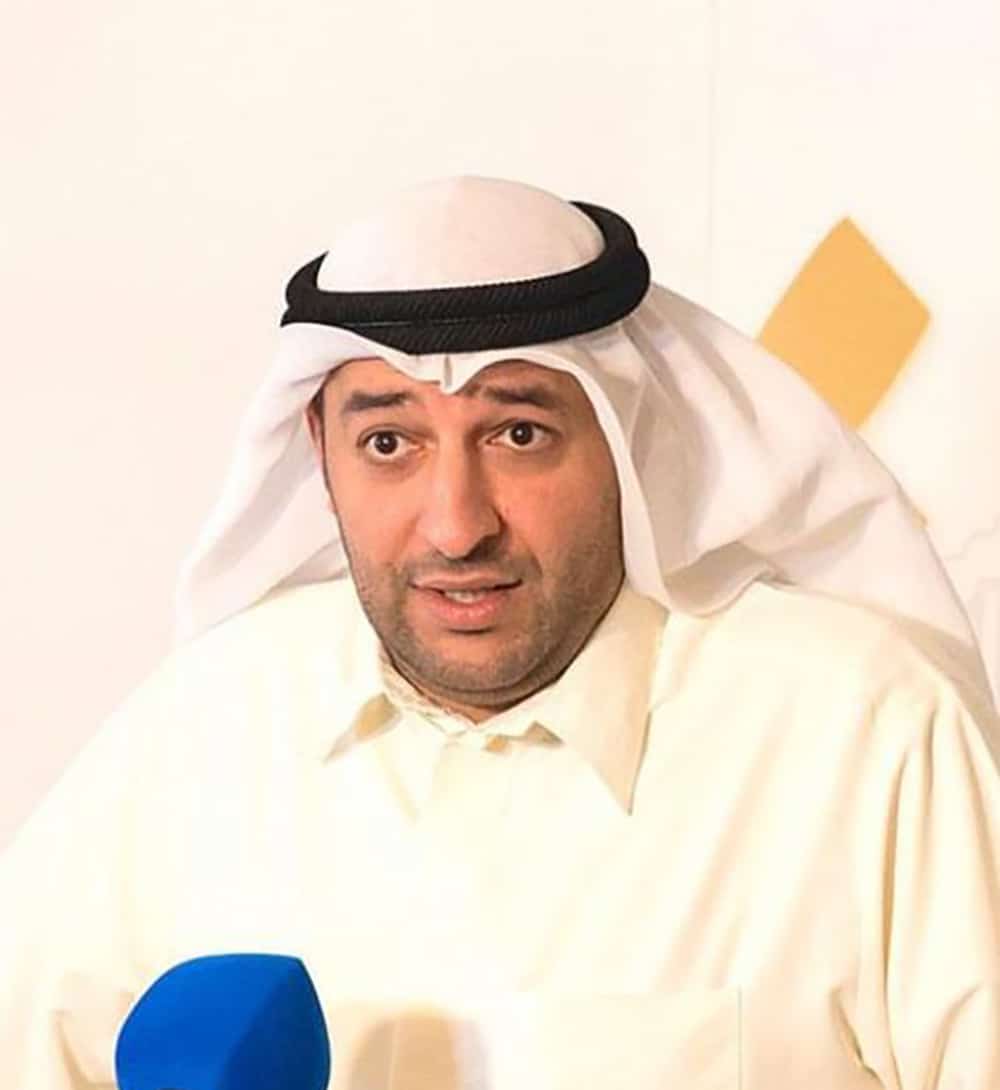
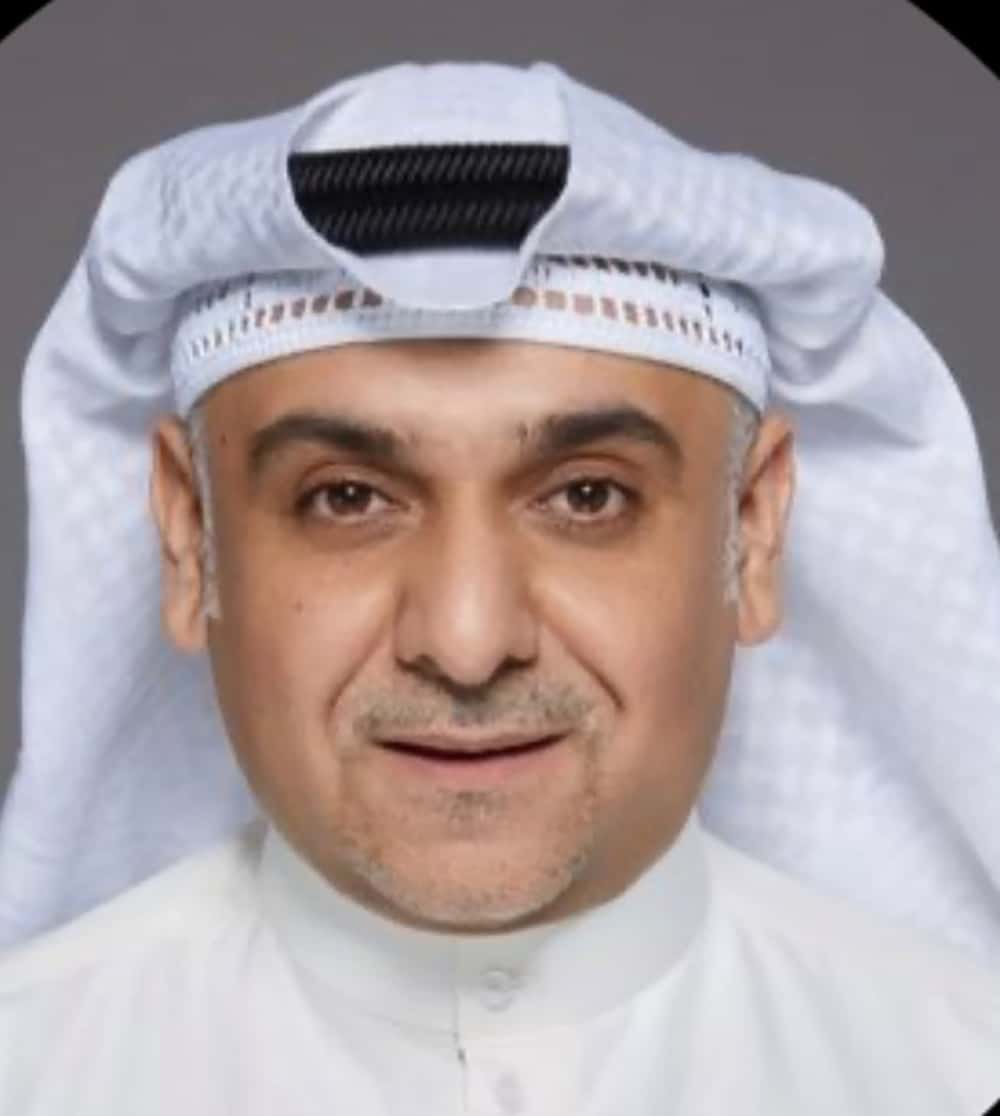
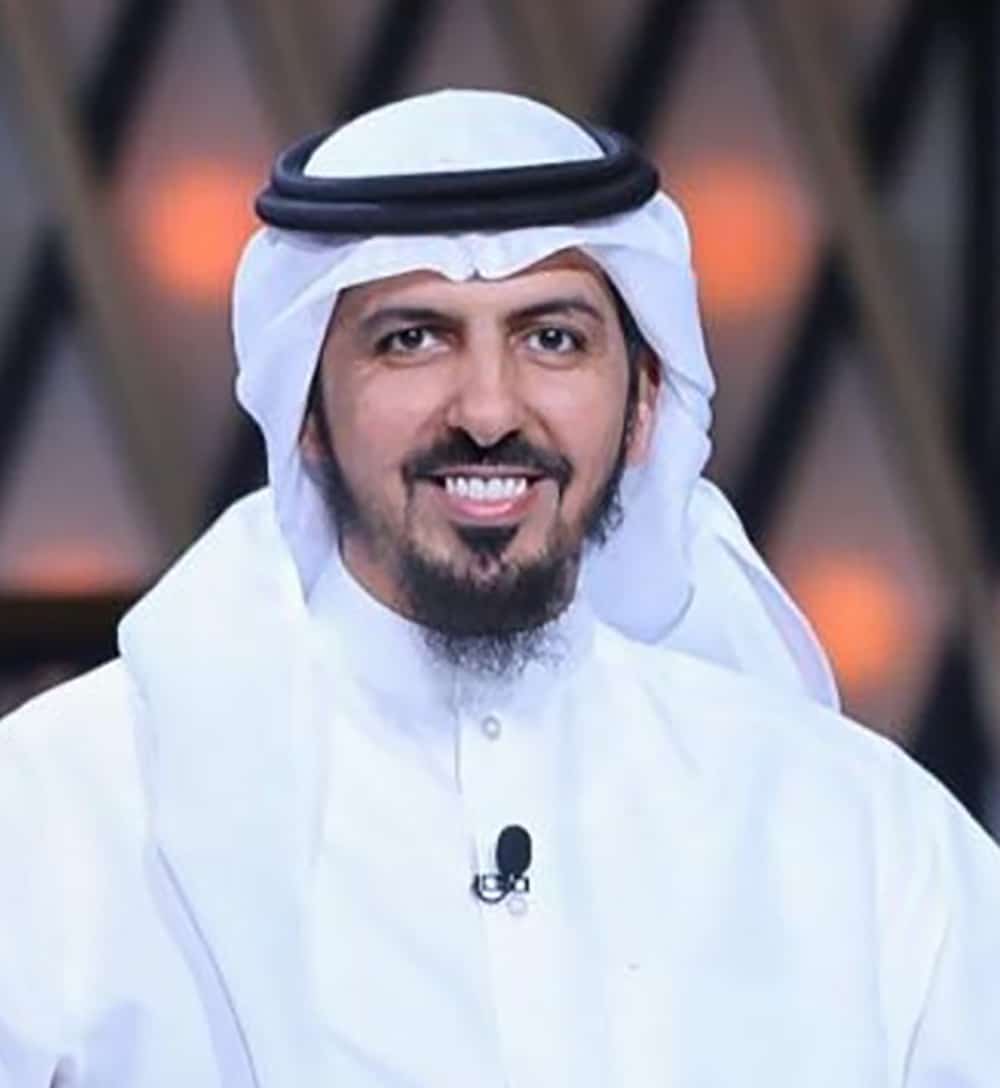
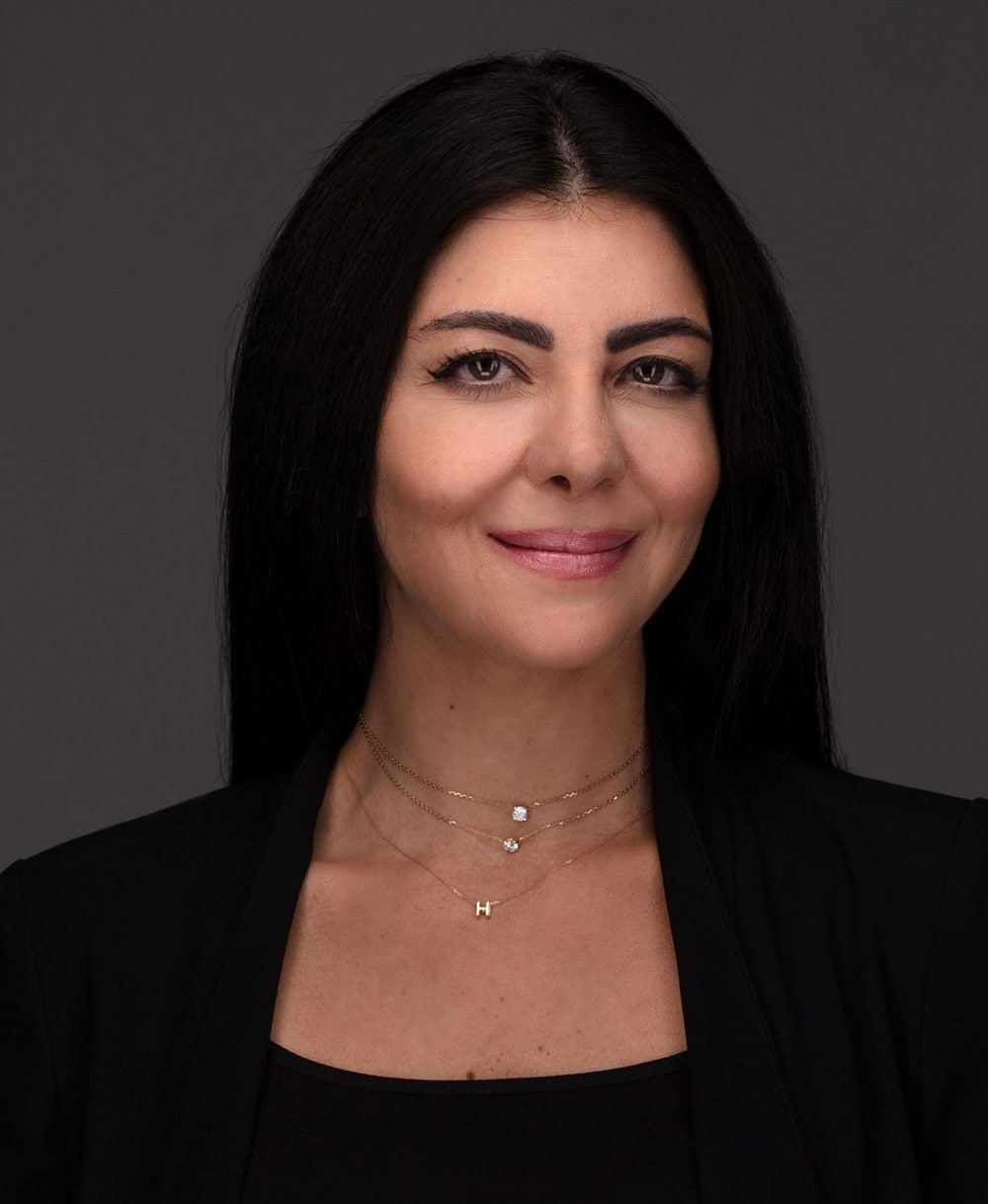
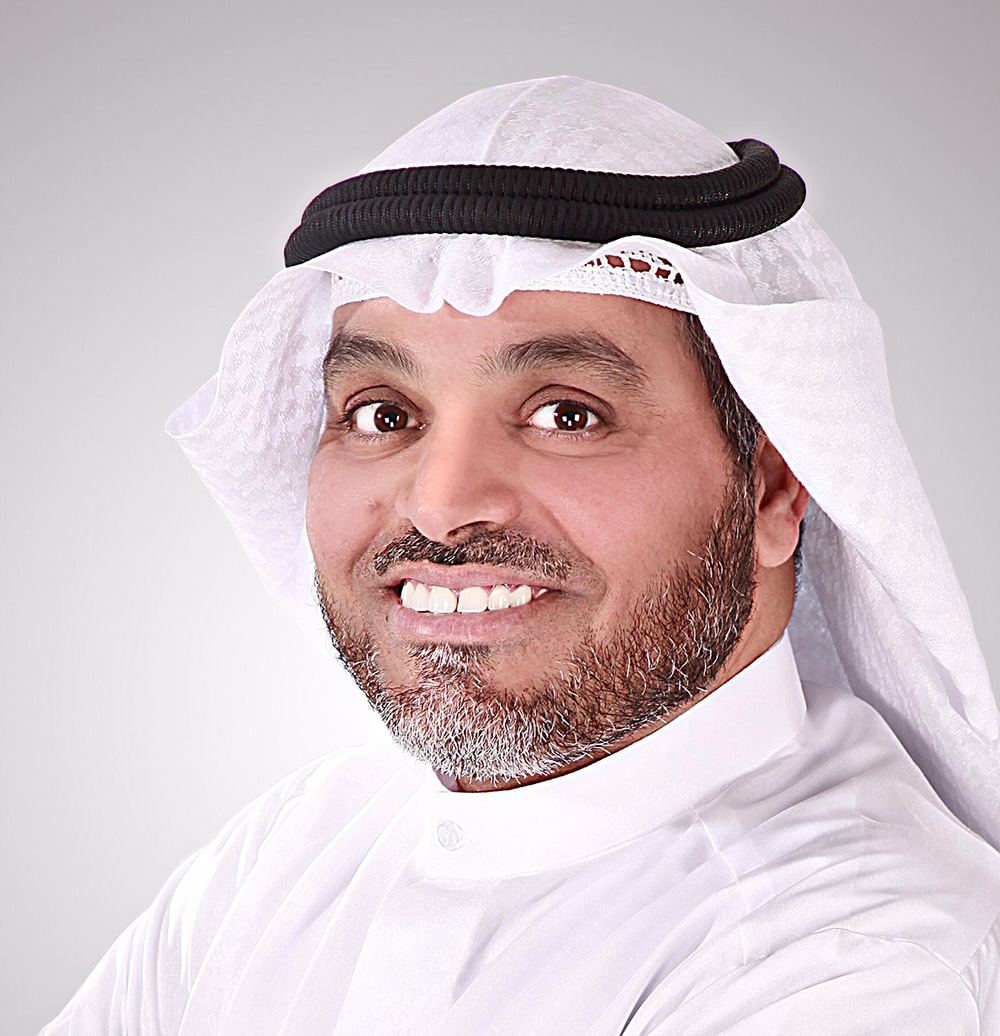
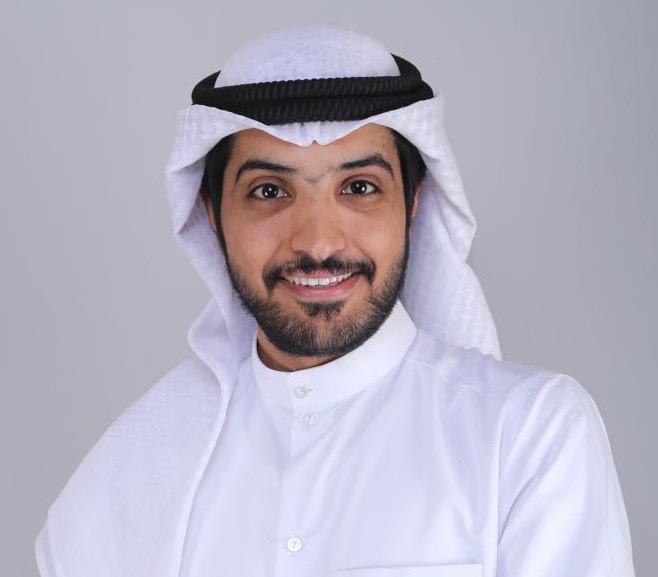
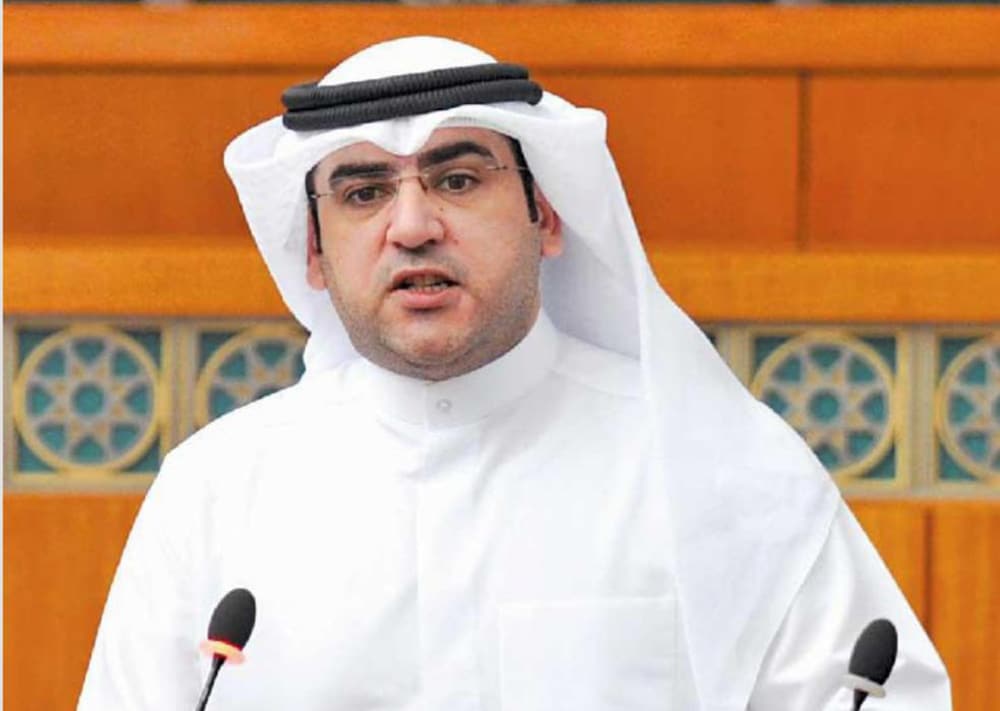
To learn more about the impact of social media on shaping the Kuwaiti parliament, Kuwait Times interviewed former MP and candidate Dr Abdulkarim Al-Kandari, candidate Dawood Marafie, Associate Professor of Communication and Culture at Kuwait University Dr Haneen Al-Ghabra, Associate Professor of Mass Communication at Kuwait University Dr Hussain Murad, Professor of Mass Communication at Kuwait University Dr Khaled Al-Qahs, Media Professor at Kuwait University Dr Fawaz Al-Ajmi and Assistant Professor at Kuwait University Dr Yousef Al-Daihani.
Reach and impact
Kandari said in all its forms, social media has helped candidates reach the largest possible number of voters. While in the past, interaction was limited to attending meetings and forums, a candidate can now address everyone from the comfort of their homes. Similarly, Marafie said as time advances, tools and methods evolve, and it has become easier to know the voter and reach them. Voters want to hear speeches at a place and time that suits them, whether at home, in the office or elsewhere. Marafie added he uses social media to express his opinions and hypotheses to enable people to know him.
“All you need is an effective video, some simple branding, a message and the Internet is your magic tool. I saw some have used it very effectively, but others didn’t have a clear message and used a lot of money on billboards and advertising that was unnecessary,” Ghabra said. The aspect of cost efficiency was emphasized by Murad, who said candidates head towards social media platforms for three main reasons: Cost efficiency, diversity and speed of spreading information. Ghabra added that beyond communicating their policy views, new candidates can humanize themselves through their social media accounts, and this helps voters feel more connected to them.
Daihani said Kuwait is one of the top four countries in terms of social media usage compared to population size. This forced candidates who prefer holding their election rallies at their headquarters to use social media. “We have recently seen a number of candidates launch their election campaigns and invite voters to digital rallies on social media,” he said.
Qahs pointed out that using social media may not be as effective as it seems, but rather, it is influenced by other factors. He said it seems logical for political candidates to employ social media in their election campaigns to reach a large audience. However, while social media may provide access to these groups, their impact on them is another matter, as influencing them is not as easy as many people think.
Media literature distinguishes between the ease of communicating media messages to targeted audiences via social media and influencing their thoughts, beliefs and even behaviors. The influence of messages is subject to other factors such as voter preferences, preconceptions about the candidate and elections in general, as well as personal, social and educational characteristics and life circumstances of voters. Ajmi concurred with Qahs, as he said social media delivers the candidates’ messages, but does not necessarily influence their decision.
Ethical concerns
Kandari said the danger lies in social media’s ability to easily spread rumors and fake news, but campaigns can counter these fears by preemptively posting and immediately denying rumors. Marafie pointed out there are people who misuse social media or harm others through it, and a candidate is not an exception. The role of anyone affected is to respond, not ignore, and take legal action.
Murad said ethics is a high concern due to misunderstanding or miscommunication and the fact that candidates’ messages can be edited and tampered. Unfortunately, most of the bashing and bad images of candidates come as a result of misusing social media, he said. Qahs agreed, saying ethical concerns remain in the use of any media, whether traditional or new, because “we are dealing with information and news, and as a result, there will be individuals or entities that will exploit these channels to influence the beliefs of voters by broadcasting fake news or misinformation, or spreading rumors against other candidates in an effort to influence the electorate”.
Daihani highlighted this issue escalates, especially during elections and with competition between candidates and their campaigns. Ajmi, however, sees that Kuwaiti society is conservative and is more likely to stick to its values, regardless of the presence of social media.
Transparency and accountability
Kandari explained that unlike traditional media, social media’s speed of transmission, explanation and refutation contributes to increasing awareness and transparency. The candidate has become very close to the voter and is forced to work with clarity and take positions with transparency. Marafie agreed, saying social media enhances the transparency of a parliament member and is a reference for people to know their opinions and positions. People can compare, discuss, hold accountable and evaluate MPs, while rejecting those who misuse social media with lies or deceit.
.jpg)



